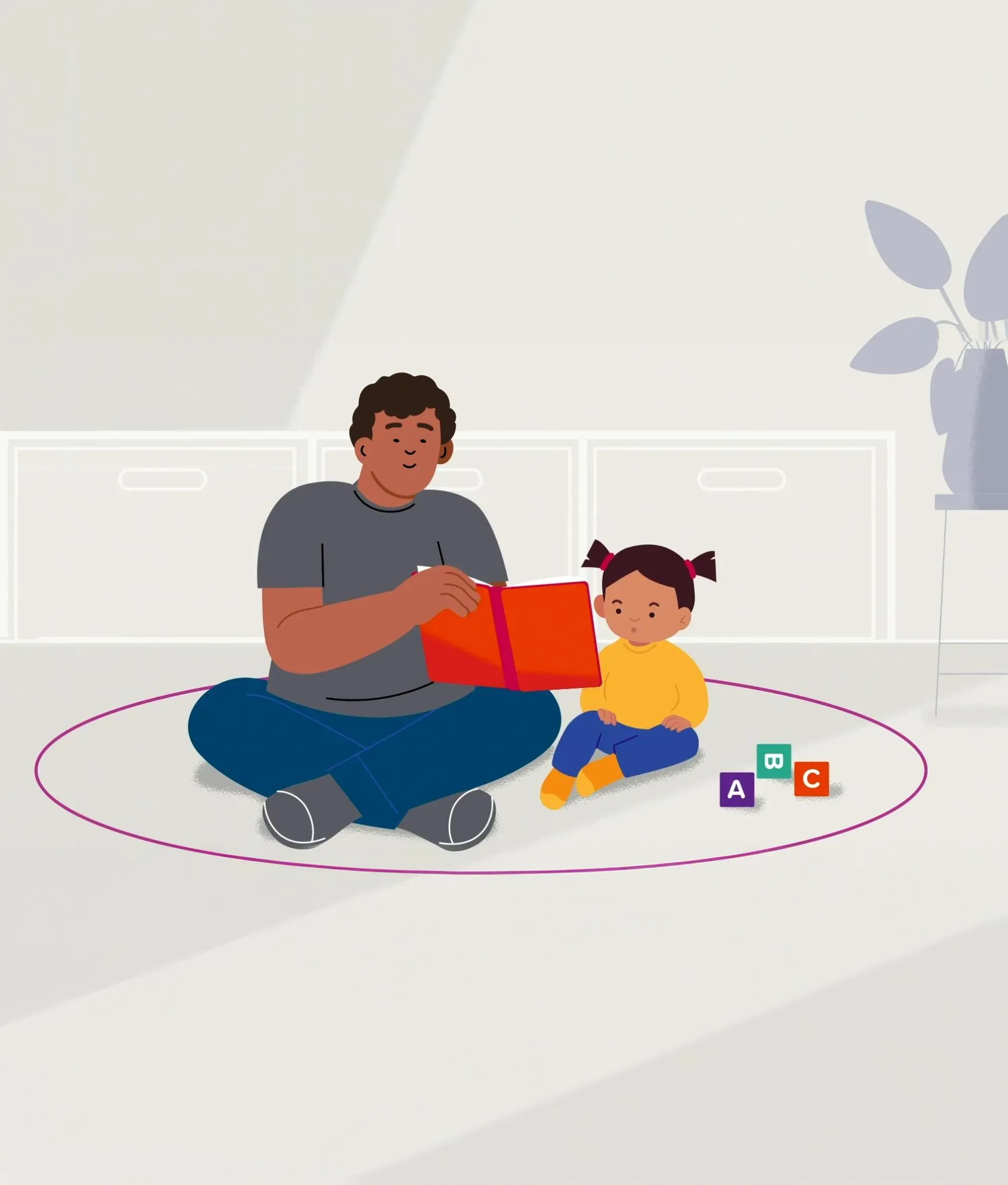Inklings acknowledges Aboriginal and Torres Strait Islander people as the Traditional Custodians of the land and waters of Australia. We also acknowledge the Nyoongar Wadjuk, Yawuru, Kariyarra and Kaurna Elders, their people and their land upon which Inklings is located and seek their wisdom in our work to improve the health and development of all children.
© 2026 The Kids Research Institute Australia. All rights reserved.

